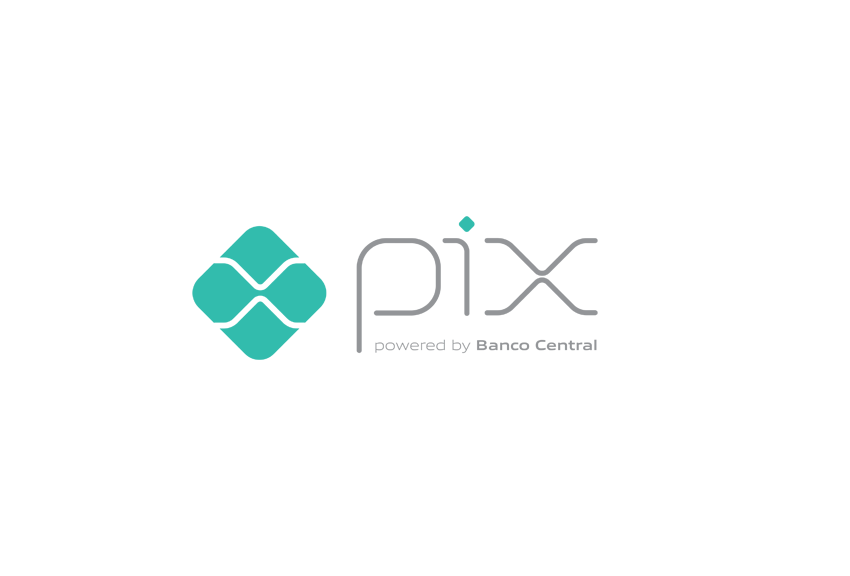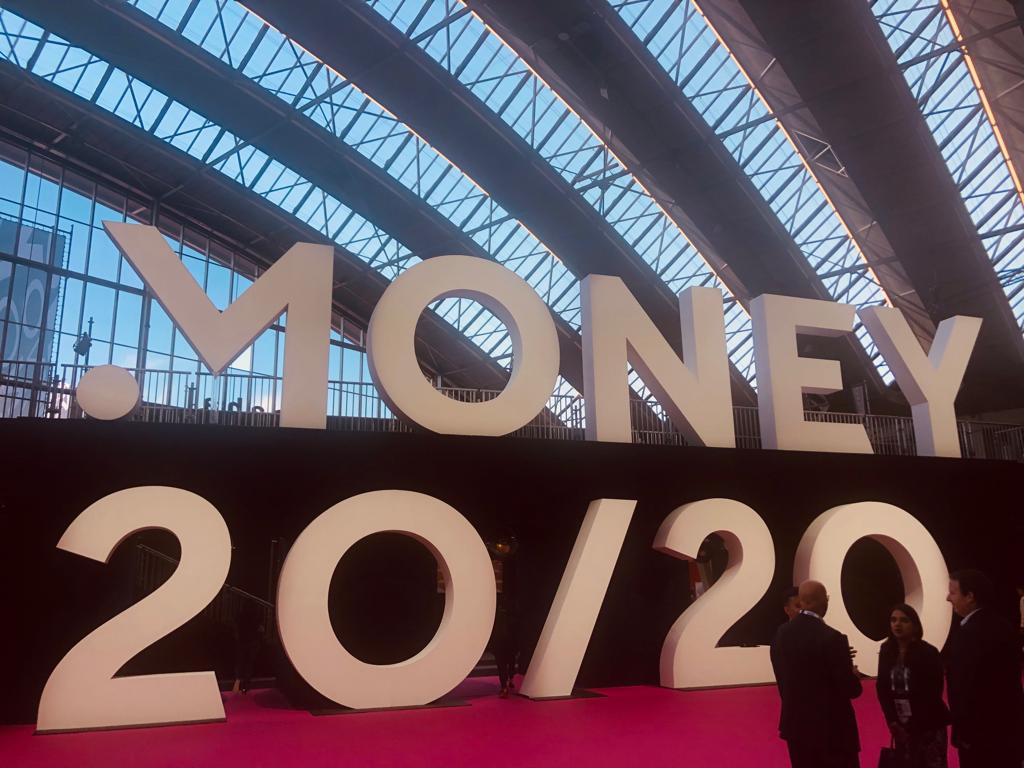The Open Banking revolution in Brazil
05/04/2021A summary about the news and the possibilities of transformation of the Brazilian Financial System.
The year 2021 may go down in history as a turning point in Brazil’s financial ecosystem. The establishment of Open Banking by the Brazilian Central Bank (BCB) aims to change the way the National Financial System (NFS) works by breaking financial institutions’ monopoly on information. With Open Banking, the clients have the power and, using online processes, can share their information with authorized banks and fintechs.
Open Banking derives from the concept of open data, an understanding that data must be freely used and available to be explored by individuals or legal entities. When applied to the economic system, it means the decentralization of the financial information and sharing of data to improve product and service offerings.
Thus, the concept of possession of information has changed: data holders should own their data instead of financial institutions, in other words, the fundamental point of Open Banking is that customers fully control their data. A few data holders may authorize the flow of their data between financial institutions, and they should have mandatorily agreed with the sharing.
But which data are we talking about? The Brazilian project provides for the transfer of personal information (for example, name, CPF/CNPJ, telephone, address), transaction information (income/revenue, consumers’ profile and/or purchasing power), and used products (for example, loans, financings, insurance and/or pension).
Open Banking Possibilities
The new system allows the opening of accounts at financial institutions without the need to start the relationship from scratch. It also expands the range of offered products and enables portability. For example, clients may share their data to seek financings with more attractive interest rates and transfer their debt from one bank to another.
From the point of view of financial institutions, access to information from holders reduces risks and costs in granting financing, and it may mean a revolution in the credit market. But that is not all: Open Banking may impact the insurance, investment, credit, and exchange segments.
Financial dynamics tend to evolve from a relationship of dependence between the client and the bank to one that fits in between products from different financial institutions. It would be like a Lego piece: you pick the solutions with the best rates and conditions according to your needs. It is like having a bank account, taking a loan with another, and holding your private pension in a third one.
In response, the financial market should invest in innovations. We may see the rise of platforms for comparing products, services, and rates, similar to the current aggregators of airline tickets and hotels. It would be the beginning of marketplaces and financial solutions.
Partnerships between banks and fintech companies are also expected to become more common. Banks have extensive product portfolios but distant relationships with customers. In contrast, fintech companies are a reference in user experience but they have few product options. Through Open Banking, it shall be possible to hire products from a bank on the application of a fintech, for instance.
With the project, the BCB hopes to encourage efficiency and transparency, democratize access to financial services, as well as promoting an ecosystem of innovation and competitiveness.
Bexs has been following the changes in the Brazilian foreign exchange and payouts market for over 30 years and may help your company with our customized solutions. Click here to hire our experts.


















